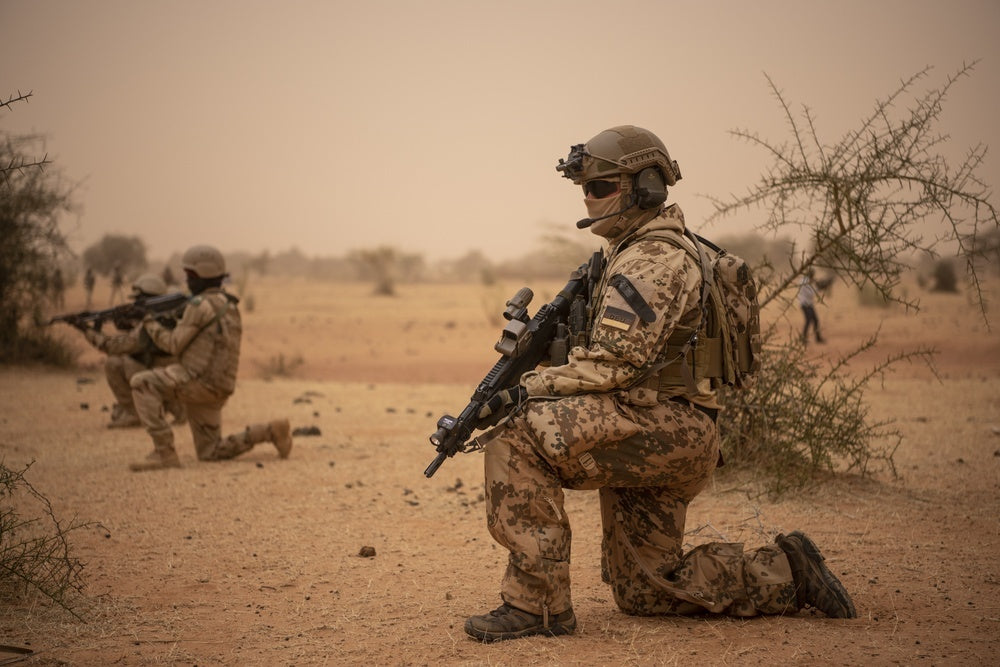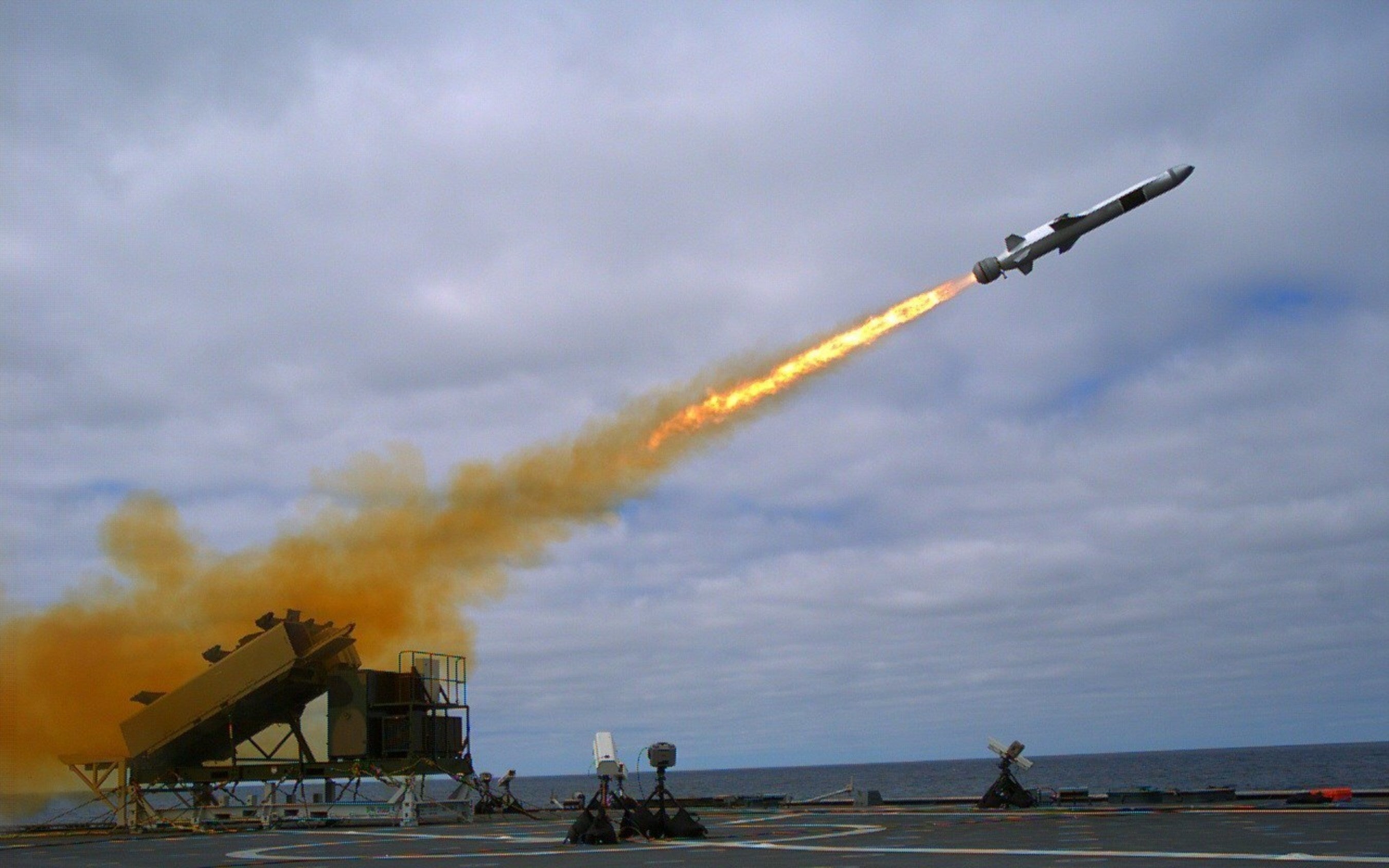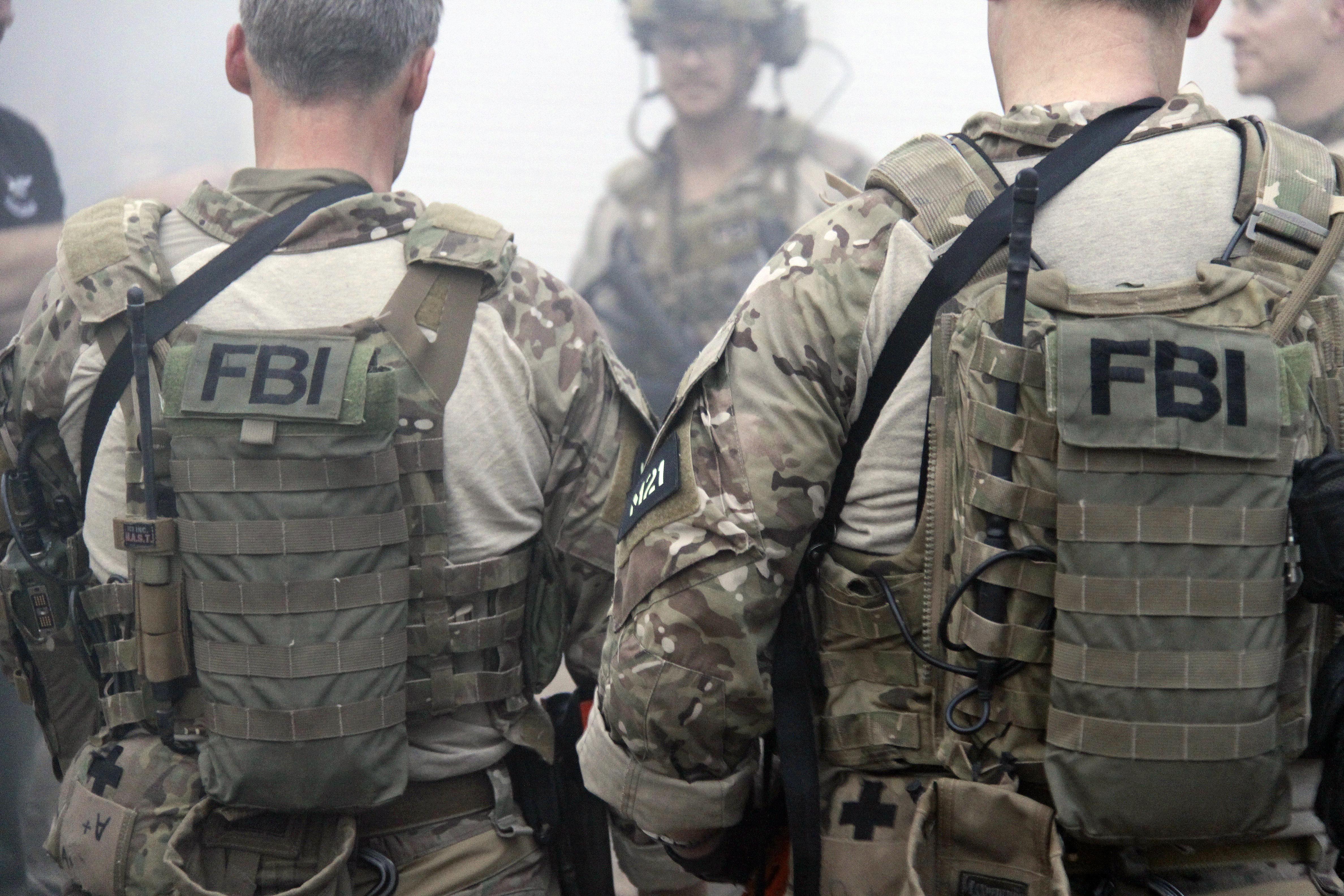
German troops start withdrawal from Mali, commander says
Representational photo: German Bundeswehr soldiers work alongside a group of Mauritanian troops performing a dismounted patrol training scenario during the Flintlock 2020 joint drill in Kaedi, Mauritania, Feb.25, 2020. (U.S. Army Photo by Cpl. Kevin Sterling Payne via U.S. Defense Visual Information Distribution Service)
BERLIN (Reuters) - German troops have started to withdraw from Mali as Berlin aims to wind up by May next year a mission that has been hampered by disputes with the ruling military junta in Bamako and the arrival of Russian forces.
Berlin has deployed some 1,000 troops to Mali, most near the northern town of Gao where their main task is to gather reconnaissance for the U.N. peacekeeping mission MINUSMA.
The military has begun shipping the first components of what amounts to some 1,300 container loads of equipment, the German commander in Mali, Colonel Heiko Bohnsack, told the daily Tagesspiegel in an interview published on Wednesday.
In the first stages of the withdrawal, the material in place will slowly be thinned out while the troops will maintain all means to fulfil their mission, he added.
Also on Wednesday, the government in Berlin paved the way for a last one-year extension of the decade-old mission until May 2024, a decision that is still subject to approval by the lower house of parliament.
MINUSMA was established in 2013 to support foreign and local troops battling Islamist militants but in recent months there have been repeated instances of friction between the Malian authorities and the mission.
MINUSMA has about 12,000 military personnel deployed in the country. The three largest contributors are Chad, Bangladesh and Egypt.
Europe's relations with Mali have deteriorated since a military coup in 2020 and since the government invited fighters from the Wagner Group, a Kremlin-linked private military company, to support its fight against insurgents.
That prompted France to withdraw its troops in 2022 after almost a decade in Mali.
(Reporting by Sabine Siebold; editing by Matthias Williams and Angus MacSwan)









